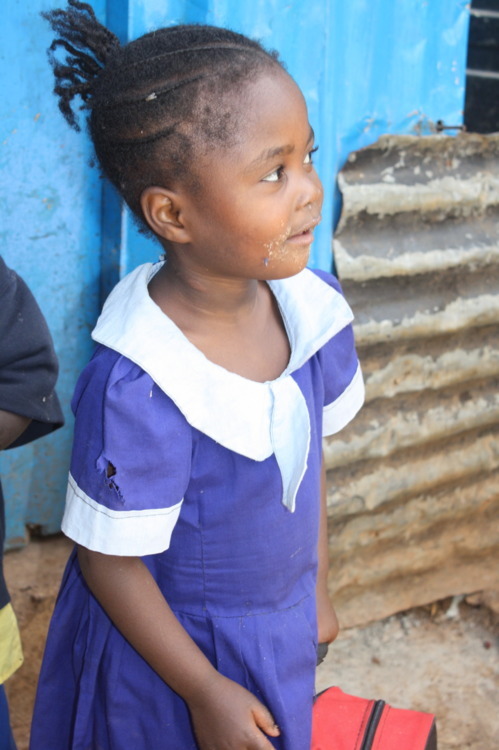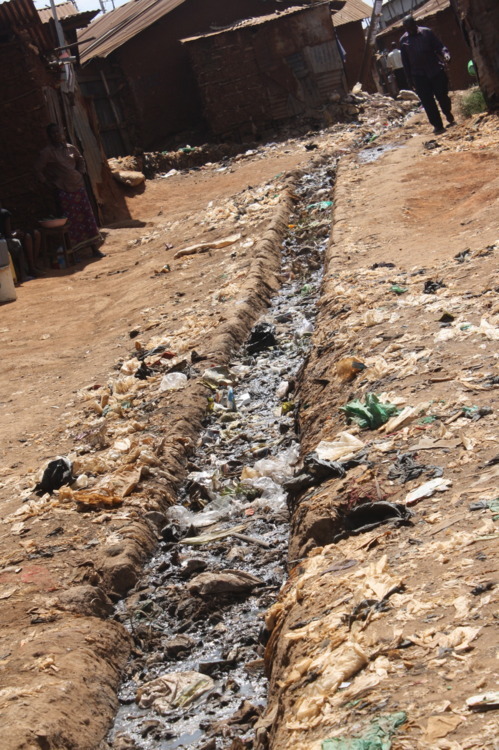
Nothing can prepare you for your first visit to Kibera. The derelict conditions exceed what even the most informed expectations can conceive. It is difficult to describe in a blog post, partly because you cannot adequately convey one the most assaulted senses: smell. 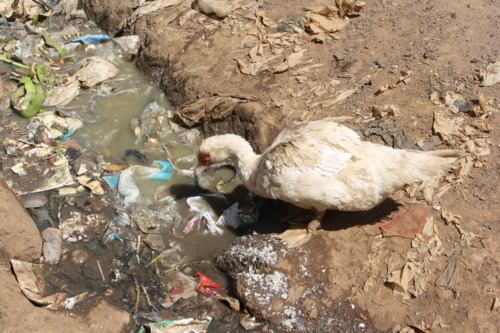 We walk from the care to the school, through the septic, squalor and stink, and the strongest conviction to register is that nobody, under any circumstances, should live in this.
We walk from the care to the school, through the septic, squalor and stink, and the strongest conviction to register is that nobody, under any circumstances, should live in this.
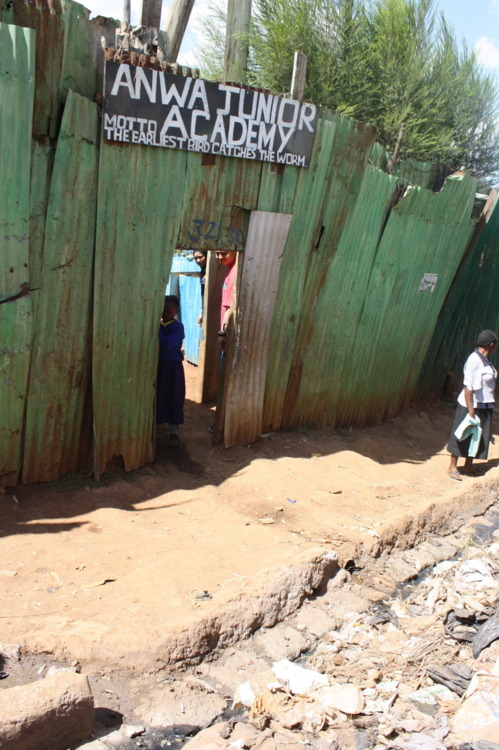 The school is situated in the worst of it, a walling of metal sheet separating it from the consuming chaos that surrounds. But then we hear the wonderful news. Their performance on the national exams has been much better since the 2010 book donations in comparison with neighboring school.
The school is situated in the worst of it, a walling of metal sheet separating it from the consuming chaos that surrounds. But then we hear the wonderful news. Their performance on the national exams has been much better since the 2010 book donations in comparison with neighboring school. 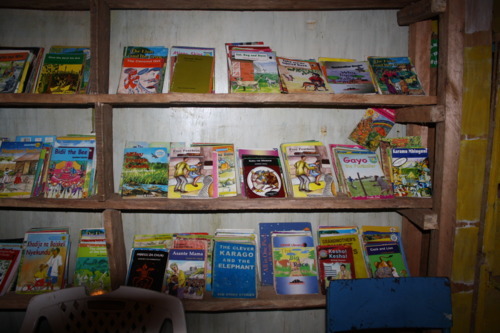 They have now risen to be the top performing primary school in their area. Within daily classes, there have been noticeable improvements in comprehension and analytical skills. Even better, the students were enjoying the reading. Given time to read quietly outside in the little walled space that is their mico-yard, we were informed they would devour several books in one sitting.
They have now risen to be the top performing primary school in their area. Within daily classes, there have been noticeable improvements in comprehension and analytical skills. Even better, the students were enjoying the reading. Given time to read quietly outside in the little walled space that is their mico-yard, we were informed they would devour several books in one sitting.
The logic of this is simple enough. Textbooks are not enough to develop analytical and comprehensive skills. Their focus is more on delivering rather than broadening. Give them books though, with pictures to help them along conceptually, and something clicks. Two years has been enough to measure this and produce compelling data. 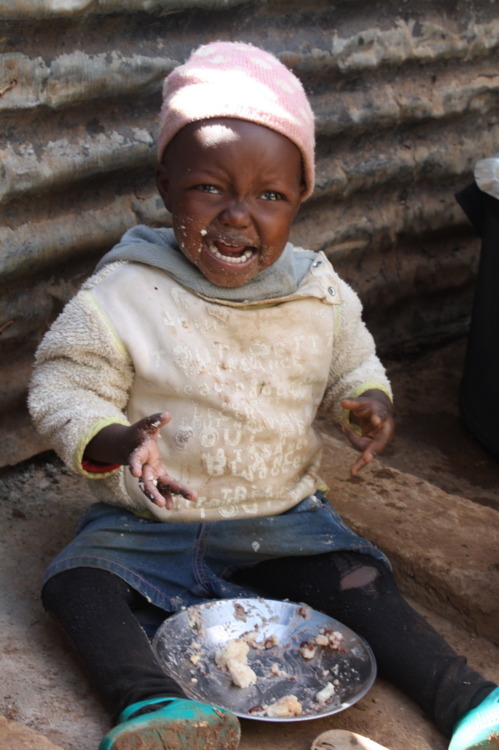 Although our visit was rushed, we arranged for me to return next week to look at the exam results and interview the principal, Anne. I have also been promised a reenactment of a play they have performed in the past called “Sugar Daddy”, which warns the students about such temptations and how they lure students away from their education. The staring roles are performed by a 4 year old girl and a 16 year old boy, both primary school students. Perhaps disturbing, but this is education at its most practical.
Although our visit was rushed, we arranged for me to return next week to look at the exam results and interview the principal, Anne. I have also been promised a reenactment of a play they have performed in the past called “Sugar Daddy”, which warns the students about such temptations and how they lure students away from their education. The staring roles are performed by a 4 year old girl and a 16 year old boy, both primary school students. Perhaps disturbing, but this is education at its most practical. 